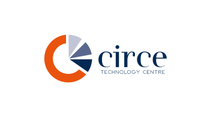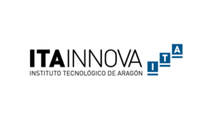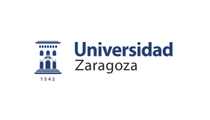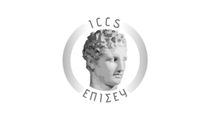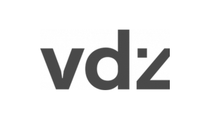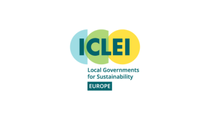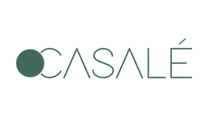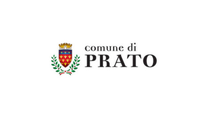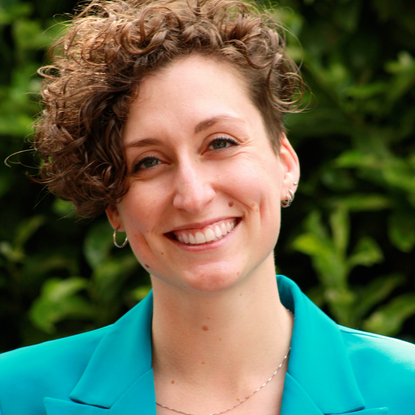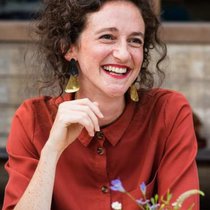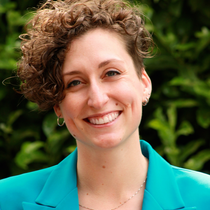Introduction
The proximity of resources and people, a sufficient scale for effective markets and the ability to shape urban planning and policy are key factors for cities to develop circular economy strategies.
REDOL has been conceived to take advantage of this scenario and transform cities into hubs for circularity that implement zero residues’ strategies while promoting industrial-urban symbiosis (I-US) approaches among local and regional actors; the circular economy process of I-US focuses on under-utilised resources from one value chain becoming raw materials for another. Sharing resources between actors saves raw materials and energy while reducing emissions and waste generation.
For a duration of 4 years, a well-balanced and multidisciplinary consortium composed by 35 partners from 12 European countries, will implement REDOL in the region of Aragon, with Zaragoza in the centre of the hub for circularity. This way, REDOL will support its transition towards a zero residues city by 2040 and, at the end of the project, the I-US approaches developed in Zaragoza will also be replicated in Amsterdam (The Netherlands), Prato (Italy) and Bornholm (Denmark).
“Circular value chains represent a crucial paradigm shift from the linear economy, where waste is transformed into economic opportunities and resources are sustainably utilized without depletion. Within REDOL, ICCS aims to enhance circular value chains by employing advanced automated systems for sorting Construction and Demolition Waste and Plastics at the city level.”
Christina Stefani (ICCS)

Project’s goal
Circular economy (CE) concepts, endorsed at European level through the CE Action Plan (COM/2020/98), aim to achieve improved waste prevention and resource management by extending and closing material cycles. Through this approach, cities must become a cornerstone of the Circular Economy Package to achieve the 2030 targets for recycling. However, there is a need to overcome major existing barriers first, for which it is necessary to place the focus on the entire solid urban waste (SUW) value chains and promote business models that create an environment in which all parties involved perceive a win-win situation.
REDOL will redesign five Solid Urban Waste value chains (packaging, plastics, construction and demolition waste (CDW), textiles and waste electric and electronic equipment (WEEE)) in Aragon region to produce circular products through an I-US approach.
The project will overcome the identified barriers at EU and local level by developing and showcasing new solutions for:
(1) upgrading management technologies to collect, sort and classify SUW,
(2) enhancing the processing techniques of sorted materials to avoid landfilling
(3) applying cutting-edge digital tools to optimize recycling routes and interaction among key players.
These solutions will transform the addressed value chains into circular, symbiotic and interacting material flows, resulting in the (4) production of 12 circular products.
Moreover, REDOL will provide the organizational procedures, business models and social innovation actions required for the establishment of successful symbiotic interactions and hubs for circularity at local level. Such an approach will result in the development of (5) guidelines and recommendations for major decision-making bodies and initiatives at local and EU level and will achieve improved citizens’ perception on SUW as a local resource. In this way, REDOL will achieve consumer acceptance of recycled products, as well as increasing their participation in separate collection schemes at municipality level.
“As a cities network, we know cities and regional authorities could play multiple roles in enhancing the industrial-urban symbiosis within their region alongside industrial partners. However, we still need to investigate and flesh out which levers they could activate in developing this ecosystem. REDOL is a perfect project to deepen this knowledge with the implementation that will be done in Zaragoza’s region and disseminate it all over Europe. The project will also help us to provide policy recommendations at the EU-level in favour of I-US practices.”
Leslie Petitjean (ICLEI)
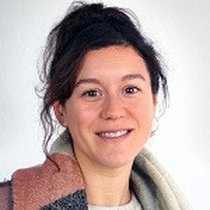
Project’s outcomes and replication
Innovative and sustainable approaches to valorise solid urban waste (SUW) through industrial-urban symbiosis (I-US) will improve the technological, managerial, economic, and social readiness level of European Hubs for circularity. To this end, innovations in the five different value chains will be developed and implemented in real waste management facilities, obtaining recycled secondary materials to produce high added value circular products. REDOL project will directly impact in the transition of Zaragoza towards a zero residues city, aiming at achieving this objective by 2040. Considering that the current recycling rate is around 50%, this would imply over 140,000 tons/year being re-used, valorised, or transformed into secondary raw materials instead of landfilled.
To integrate REDOL development in an optimized way, the project will develop an industrial-urban symbiosis (I-US) Platform, which will provide a common framework for a standardized and secure data gathering and sharing, and for the monitoring and management of the value chains. This will also ensure the interoperability among different value chains, and the replicability of REDOL solutions in different scenarios. Based on the analysis of Aragon region’s regulatory and social landscape and the results from the project, REDOL will analyse the potential for replication of the developed solutions in three other EU cities (Amsterdam, Prato, Bornholm), ensuring the exchange of best practices and results with the replicators.
Amsterdam is a frontrunner in sustainability and circular thinking and has already targets in place for 2030 (halve the use of primary resources) and 2050 (become 100% circular). In this sense, AMS is the institution within the metropolitan area that addresses the urban challenge of transitioning from a linear to a circular model of resource management. The whole metropolitan area has a population of about 2 million people and generates 398 kg/capita with a low separation rate (14%), of which 18% is recycled and 82% valorised for energy generation. The main objective of AMS in REDOL is to increase the recycling rate by providing higher added value to the recovered and classified waste. Accordingly, AMS expects to learn best-practices from Zaragoza on the establishment of I-US approaches, for example in the textile sector and for the construction and demolition waste. Moreover, waste separation and return logistics are currently considered as a weakness, so AMS is interested in replicating REDOL digitalisation tools addressing this issue.
“The REDOL project will create a HUB of circularity around solid urban waste in the city of Zaragoza (Spain) but will serve as a basis for replication in Amsterdam (The Netherlands), Prato (Italy) and Bornholm (Denmark). Therefore, the new sorting and recycling solutions and the innovative circular products developed will be available throughout Europe”
Diego Redondo Taberner (CIRCE)
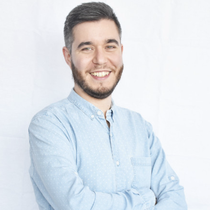
“In the REDOL project we are innovatively transforming five waste value chains into circular models. This transformation is aimed at fostering urban-industrial symbiosis across European cities. The benefits extend beyond just reducing the consumption of raw materials and emissions of greenhouse gases. It also paves the way for an economic ecosystem capable of generating wealth and creating new job opportunities.”
Jorge Arroyo (CIRCE)
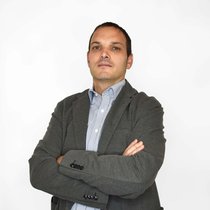
| Duration: |
|
| Related Information: |
Project members
Partners
